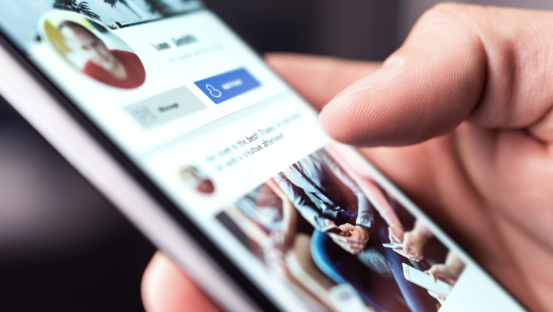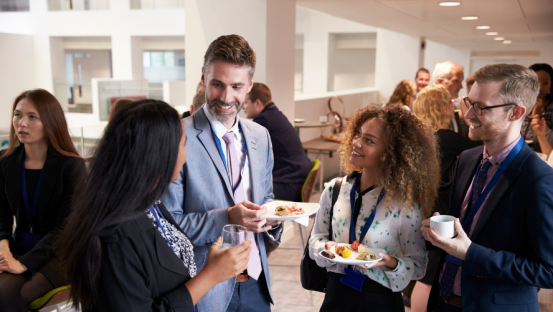Inclusivity Is Improving, but Disabled Public Speakers Still Face Significant Barriers

Much inspiration can be derived from the stories and advocacy of individuals who have fought the challenges posed against them by life-long medical conditions and disability. Quite often, they have managed to create fairer conditions for all people living with disability; and yet, as NPR highlights, there remain huge barriers for disabled people despite the action of pro-disability legislation and activism. For public speakers, those barriers are logistical, societal – in terms of attitudes – and often slow to change in legal terms. As some of the most noted public speakers living with disability can attest, more action is needed.
Barriers to accessibility
One of the key indicators of cities or countries that are positive towards disabled inclusivity, is their ability to provide an inclusive environment and to enable people living with disability to undertake the same activities as any other member of the public. Some of the most disability-friendly cities in the USA are lauded for this; Pittsburgh, for example, has a great record on educational access, whereas Denver has a fully accessible metro system.
Despite this, many of the most accessible cities still fall down on some basic measures – such as logistical inclusivity. South African public speaker and disability activist Eddie Npopu highlighted this in a speech for the UN: His educational plans were dealt a blow after the college he had selected was unable to cater for his requirements as a disabled person. Until a consistent approach is built across all areas where public speakers operate, crucially those big cities, it will remain a logistical challenge that serves as evidence, in itself, of the challenges disabled people face.
Changing attitudes
Disability is often poorly understood by the public at large, and misunderstandings can lead to poor attitudes. Therefore challenging attitude is an important weapon in improving inclusivity for disabled people. Furthermore, there remains a small but loud minority who believe that disability is something to make jokes about at the expense of the individuals concerned.
This is the experience recounted by British public speaker and disability advocate Ellie Simonds after participating in a dance competition for the BBC. Simonds has spoken extensively about disability and changing attitudes; primarily educating the public on exactly what it means to be disabled. It will be important for public speakers to keep raising these issues in as high-profile a manner as possible; educating people on the matter of disability.
Pushing for legal change
Ultimately, some of the biggest changes in attitudes towards people living with disability are reflected in legal changes and challenges. When the law changes, it usually indicates a wider societal shift towards fairness; or, at the very least, an acceptance from legislators about what’s right to do.
Haben Girma, the first deafblind graduate of Harvard, has been a public speaker for some years now, and has campaigned on the matter of legal rights for disabled people. As Time magazine highlights, her view is that disability can be a huge source of innovation; but the law needs to be there to protect the rights of people living with disability and make it possible for people like her to lead the careers they want to.
Public speakers have a huge role to play in creating change, but they too need protection. The barriers often faced by disabled people make the speaking profession more difficult but, by virtue of demonstration, act as a powerful anecdote for the matters they often speak on. Taking inspiration from this, organizers and venues can and should do more to make the industry truly accessible and inclusive.






